What to expect from bacteria other than problems? Did you know that our sweat is actually odorless and that the unpleasant smell develops from the fascinating interplay between our sweat and the bacteria living on our skin?
Contents
Little Something About Sweating
Sweating is a natural and essential bodily function that helps regulate our body temperature. Whether it’s during a rigorous workout, a stressful meeting, or a scorching summer day, we all experience sweat. Aging usually doesn’t treat us with benefits, but in this case, it actually goes in our favor.
As we age, our apocrine glands (to be blamed for producing proteins and lipids that feed bacteria) slow down their functions. In other words, older people are less likely to suffer from body odor.
Sweat Composition
Sweat, or perspiration, comprises water (up to 95 percent), electrolytes (such as sodium and potassium), and a mix of other substances like urea, lactate, and ammonia. It serves a crucial role in thermoregulation, helping to cool our bodies when we’re overheated. When our body temperature rises, the brain signals the sweat glands to produce sweat. As sweat evaporates from our skin, it takes away excess heat.
Where Is Body Odor Coming From?
Sweat actually doesn’t have a scent. The body odor we experience is caused by bacteria and dirt breaking down in the sweat. Bacteria feed on proteins and lipids produced from the apocrine glands in the underarms. A lot of sweat usually means a worse odor, especially for people who suffer from excessive armpit sweating. Logically, armpits are the worst area from which the odor emanates because they are warm and damp, meaning they are the perfect household for bacteria to survive in.
The Role of Bacteria
When you first start sweating, the liquid emerging from your sweat glands has no discernible scent. Our skin’s surface is home to a diverse ecosystem of bacteria, fungi, and other microbes, collectively known as the skin microbiome. When sweat excretes onto the skin, it carries various compounds and nutrients, including the urea and lactate mentioned above. These compounds are not inherently smelly, but certain bacteria on our skin can transform them.
If you are into learning all the specifics about a particular bacteria causing body odor, dive into scientists’ discoveries.
Things That Trigger Our Smell to Be Worst
Being aware of the following negative triggers, you should focus on reducing them to prevent negative consequences.
Stress and anxiety
Obviously, those two don’t contribute positively to anything in our lives. Stress causes our body to react by kicking the sweat glands to work more, which can increase body odor.
Poor choice of deodorant
Body odor can worsen also due to poor choice of deodorant. It is very difficult to say what will work for you, and numerous sources claim that natural deodorant is the right choice for smelly armpits. If you prefer to let your body sweat and not smell bad simultaneously, you might want to start your research here.
Not breathable fabrics
Fabrics that are not breathable do not help with the smelly armpit situation, as they trap bacteria on your skin’s surface. Choose wearing cotton, wool, and linen instead of polyester, nylon, and silk.
Poor diet
It is no surprise that diet also affects sweating. If you fail to supply your body with necessary nutrients, your body odor will be worse compared to those with a balanced diet. Unfortunately, bacteria are super prone to sugar, and high-protein diets require more active metabolic breakdowns by the body.
Anything Is Welcome to Help
Body odor can seriously affect our confidence and self-esteem, so any action that might help is highly appreciated. A proper (not aggressive!) cleansing of any body part is essential, and LUNA™ 4 body FOREO’s revolutionary body device uses iconic T-Sonic™ massage to deep cleanse and gently exfoliate dead skin cells while promoting blood flow. It’s ultra-hygienic, bacteria-resistant, and clinically proven to remove impurities trapped within pores.


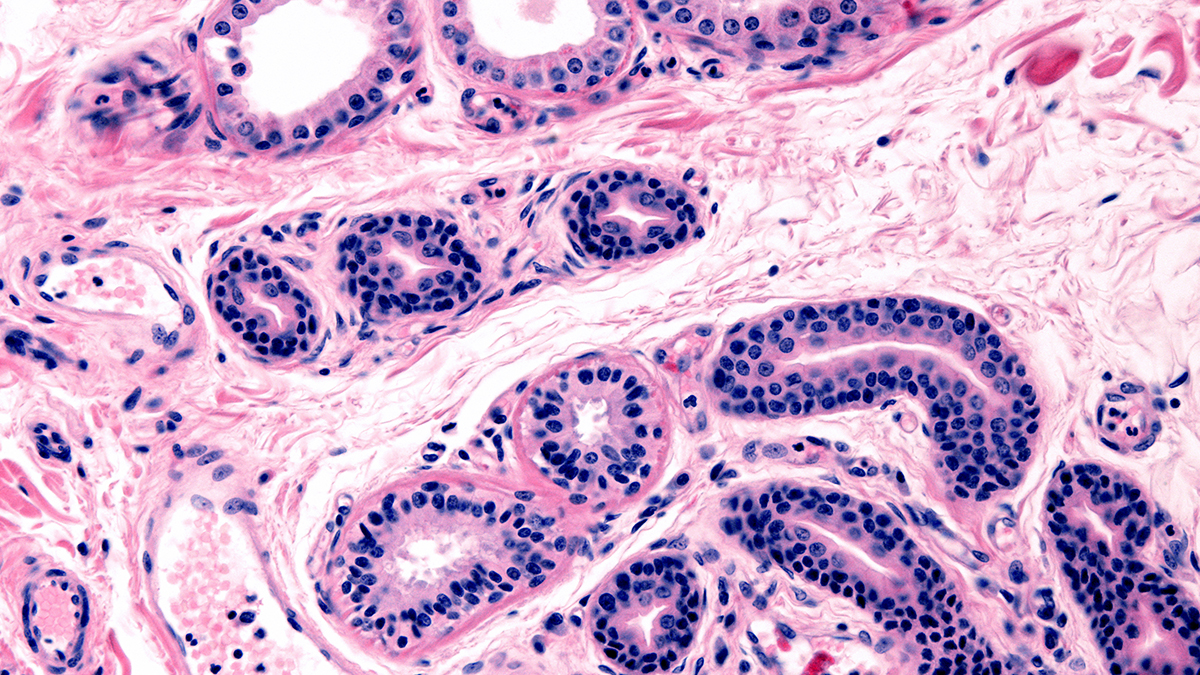
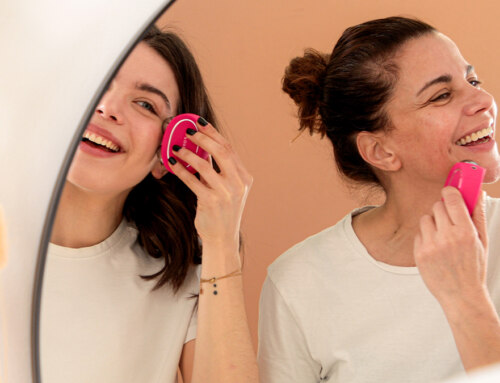
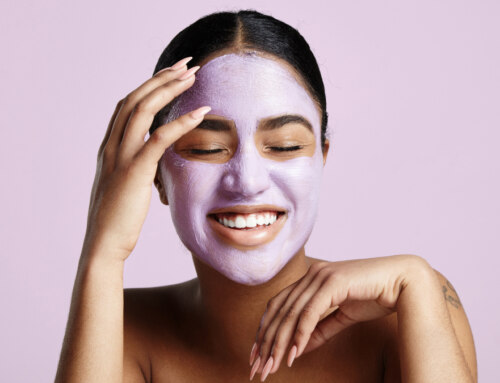
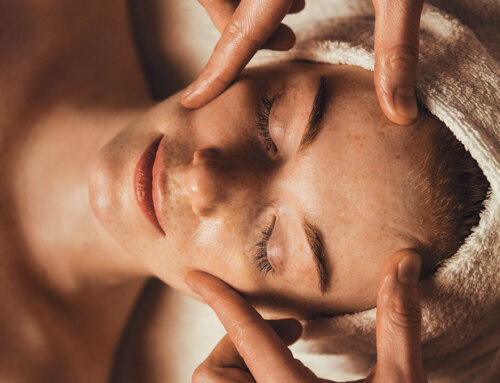

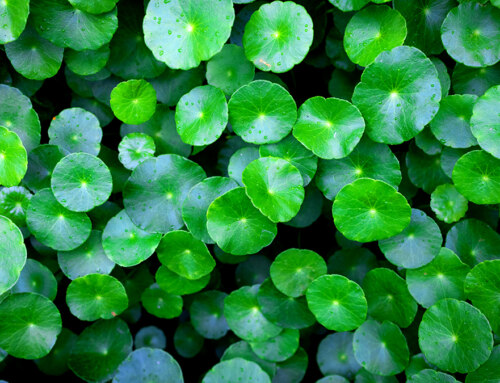
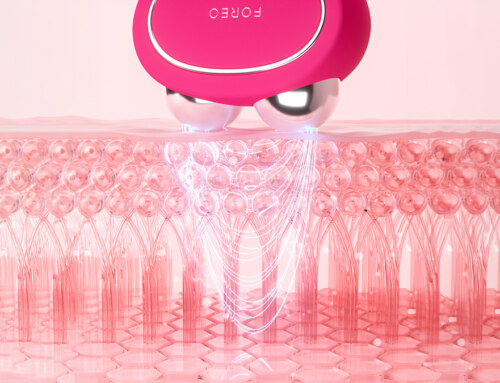

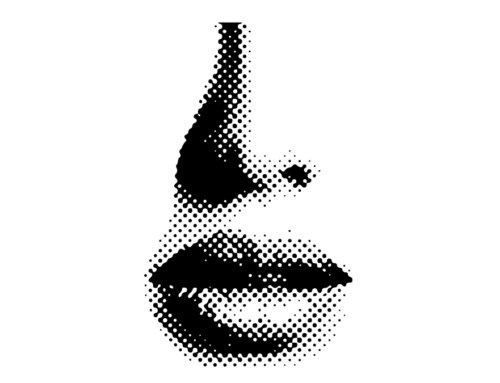
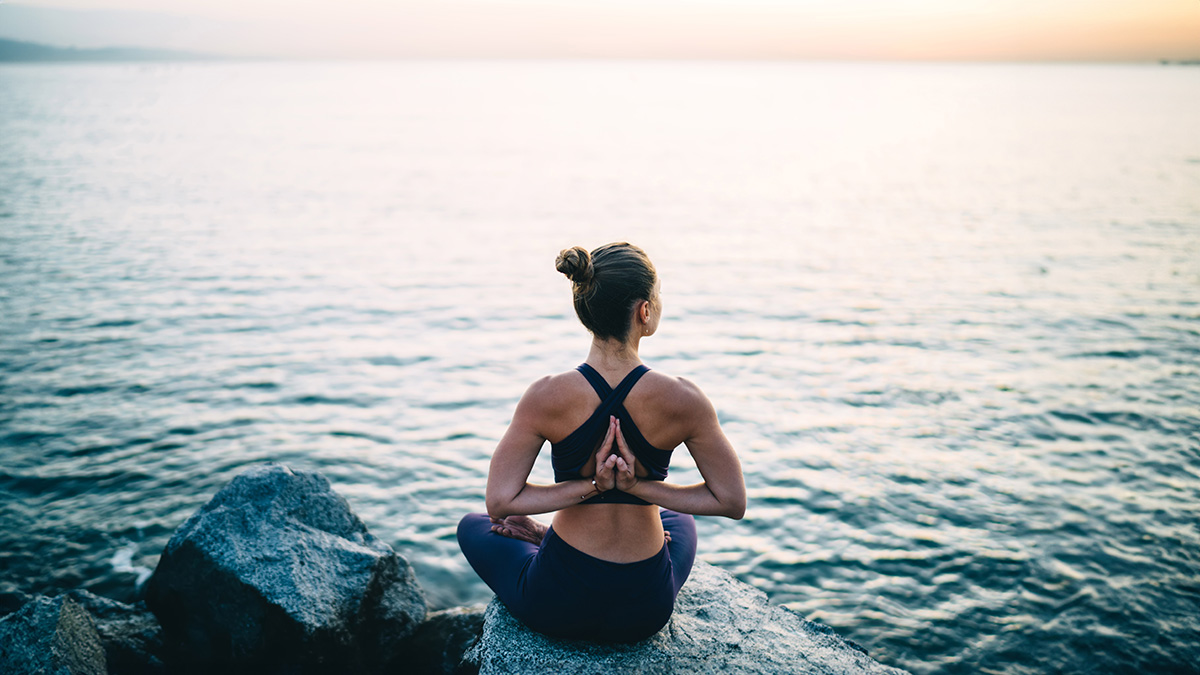


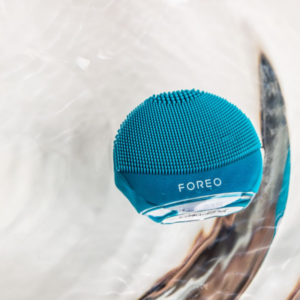

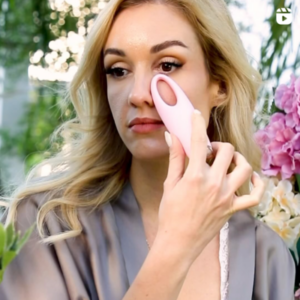
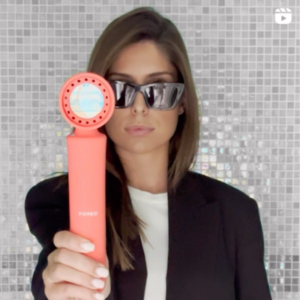
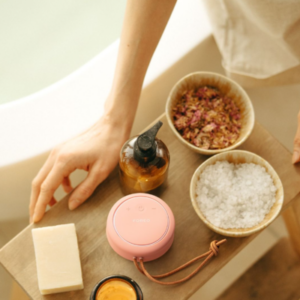
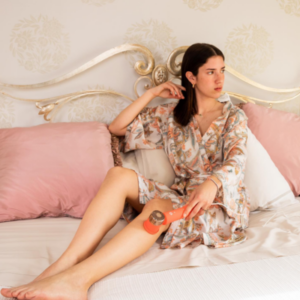
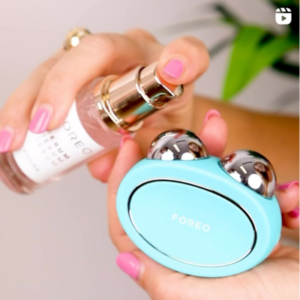
Leave A Comment